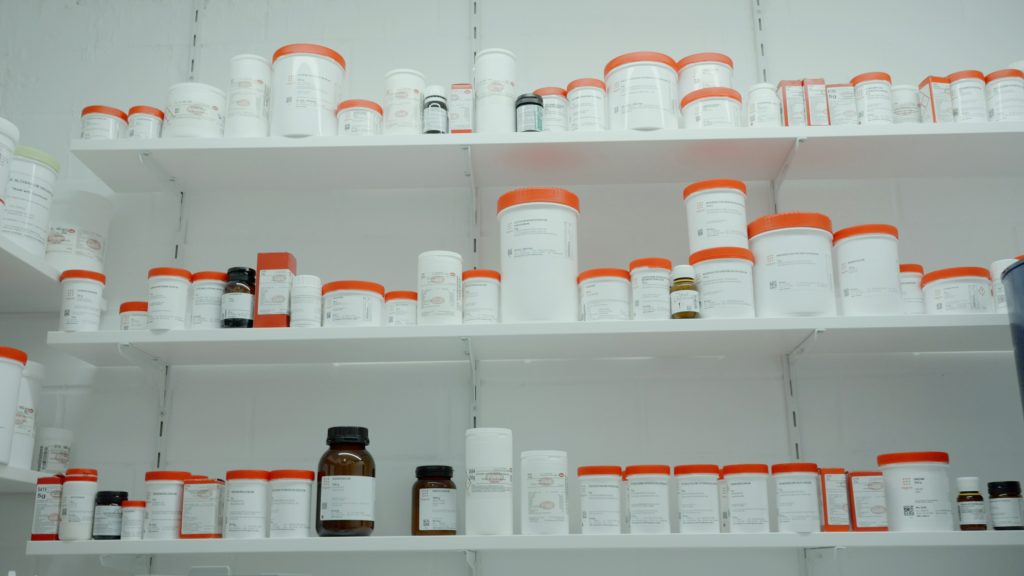Personalized Medicine: How Tech Is Tailoring Treatments to Your DNA
Imagine a world where your doctor doesn’t just prescribe a “one-size-fits-all” medication, but instead offers a treatment plan specifically designed for your unique genetic makeup. Thanks to rapid advances in technology, that world is no longer science fiction — it’s happening now, and it’s called personalized medicine.
2 What Is Personalized Medicine?
Personalized medicine (also called precision medicine) uses information about a person’s genes, environment, and lifestyle to tailor medical care to individual needs. Instead of treating everyone with the same symptoms in the same way, doctors can now predict which treatments will work best for specific patients.
This is a huge shift from traditional healthcare, which largely relied on averages. Now, with the ability to sequence an individual’s DNA quickly and affordably, doctors can pinpoint the root causes of diseases and customize therapies accordingly.

3 How Technology Is Powering This Revolution
Several key technologies are making personalized medicine possible:
1 Genomic Sequencing: Modern sequencers can read an entire human genome in just days — a process that once took years. Companies like Illumina and Oxford Nanopore are leading the way, making DNA analysis faster and cheaper than ever.
2 Artificial Intelligence (AI): AI algorithms can sift through massive amounts of genetic data to find patterns and predict how someone might respond to specific drugs or treatments.
3 CRISPR and Gene Editing: Scientists are using CRISPR technology to edit genes, potentially correcting genetic disorders at their source.
4 Wearable Devices: Smartwatches and other wearables collect real-time health data, which can be combined with genetic information to fine-tune treatments even further.
4 Real-World Examples
1 Cancer Treatment: Oncologists are using genetic tests to determine which chemotherapy drugs are most likely to be effective against a patient’s specific cancer mutation.
2 Pharmacogenomics: Some antidepressants and blood pressure medications now come with genetic tests that help doctors predict side effects or effectiveness based on DNA.
3 Rare Diseases: For individuals with rare genetic disorders, tailored gene therapies are being developed that directly address the underlying mutation.

5 Challenges and Ethical Considerations
While the potential is enormous, personalized medicine also raises important issues:
1 Privacy: Genetic information is extremely personal. Protecting it from misuse or breaches is crucial.
2 Cost: Advanced treatments can be expensive, and not all insurance plans cover them yet.
3 Equity: There’s a risk that only wealthy individuals or countries could access these cutting-edge therapies, widening health disparities.
6 The Future of Personalized Medicine
As technology continues to evolve, personalized medicine will likely become the norm rather than the exception. Researchers are already working on “digital twins” — virtual models of a person’s organs or even their entire body — that can simulate how a patient might respond to different treatments without ever having to undergo them in real life.






